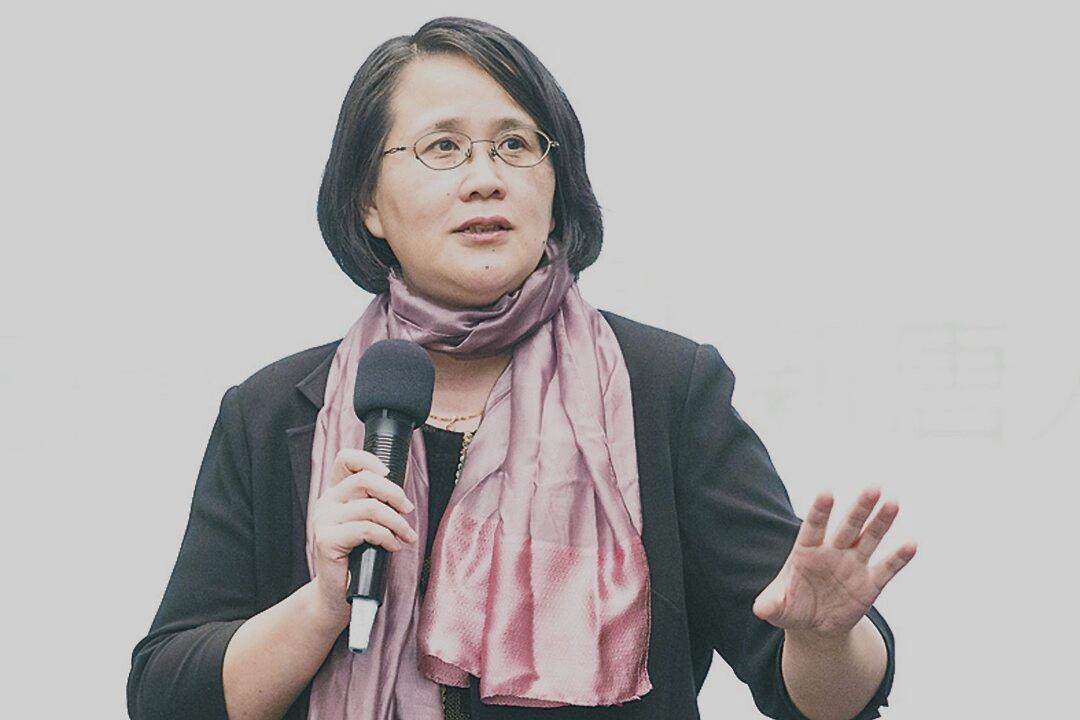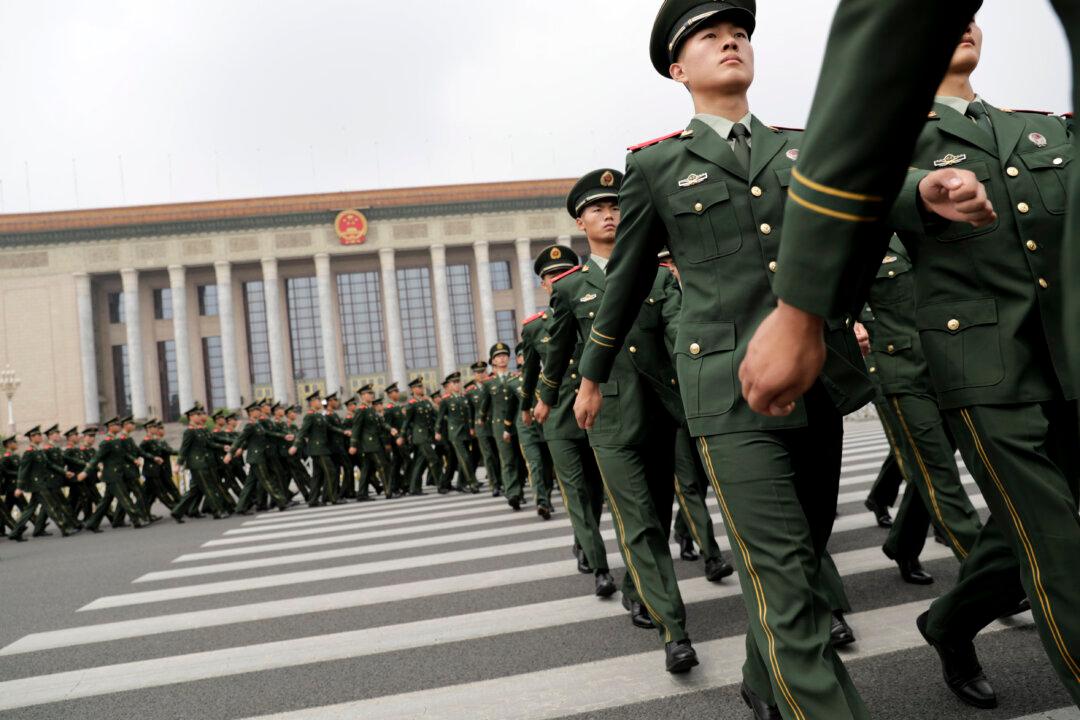News Analysis
TAIWAN—Overseas investors are in need of accurate reporting on China’s economic and political situation, and they aren’t getting it from media controlled by the Chinese regime.
For example, when the Umbrella Movement for democracy in Hong Kong began, protesting students demonstrated peacefully with good manners to express their demand for true universal suffrage. However, the Chinese regime labeled the protests as “turmoil” and used media to twist the facts and show the protesters in a bad light.
As the China market has become the world’s second largest economy, the development of China has become inextricably linked with the rest of the world. In the past two years, events such as police chief Wang Lijun’s escape to the U.S. consulate, the sentence of former Politburo member Bo Xilai, and the downfall of former security tsar Zhou Yongkang have led to a large amount of capital flight. Foreign countries have been questioning what really happened in China during these incidents.
According to Guo Jun, the branch manager of Hong Kong Epoch Times, for the past 10 years Epoch Times has been persistently reporting on China news and analyzing the situation of the regime. In early 2012, Epoch Times predicted Zhou Yongkang’s downfall, Guo said.
She added that in Sept. 2013, Epoch Times reported on the inside story of Zhou Yongkang’s loyalist Jiang Jiemin, disclosed corruption and murder cases he was involved with, and foretold his downfall. These predictions also proved correct.
The share of PetroChina has currently dropped from a high of HK $11.32 (US $ 1.46) in 2013 to HK $8.54 (US $1.10). One investor said that political risks have become the most important factor of the Hong Kong stock market, and he regretted that he didn’t read Epoch Times earlier and suffered a great loss on PetroChina shares.
It is difficult to understand how the escape of a police chief could have such a big impact on the CCP and lead to the arrest of Zhou Yongkang. Guo explained that it was because the majority of China news had been hidden.
“In Hong Kong and Taiwan, it’s hard to read true China news, it’s rather the contrary,” Guo said. She said the CCP’s power is based on lies, so it has to manipulate the media to deceive its people in order to maintain its rule.
As China’s market expands, in order to continuously maintain its regime, the CCP needs the assistance of international media to screen news to certain extent, according to Guo.
Therefore the CCP has been tempting media tycoons with economic interests or intimidating them in order to manipulate the reporting angle and force them to give up on the foundational principle of integrity and truthfulness in reporting that a media should safeguard.
Guo gave the example of Hong Kong’s South China Morning Post, which used to be a mainstream English newspaper. After the CCP bought it through Malaysia’s richest man Robert Kuok, its editor in chief was replaced by a member of the Chinese People’s Political Consultative Conference, Wang Xiangwei.
Guo said Epoch Times is a completely independent media with no investment in China, so the CCP’s economic temptation and pressure has no effect on it. Epoch Times has continuously reported truthful news about China and is committed to reviving traditional Chinese culture.
Thus, although the market for print media is shrinking rapidly worldwide, Epoch Times has inversely risen in the past 14 years with circulation in 35 countries and 21 languages.
Guo said that China’s politics and its economy are inseparable. Behind many listed companies are the hands of the CCP, and people from different sectors are eager to learn what has happened in China.
For overseas investors to make the right decisions, they have to master the latest political situation of the CCP and the most realistic developments, Guo said. The Epoch Times is their only window into the real China.
Translated by Michelle Tsun. Written in English by Sally Appert.

